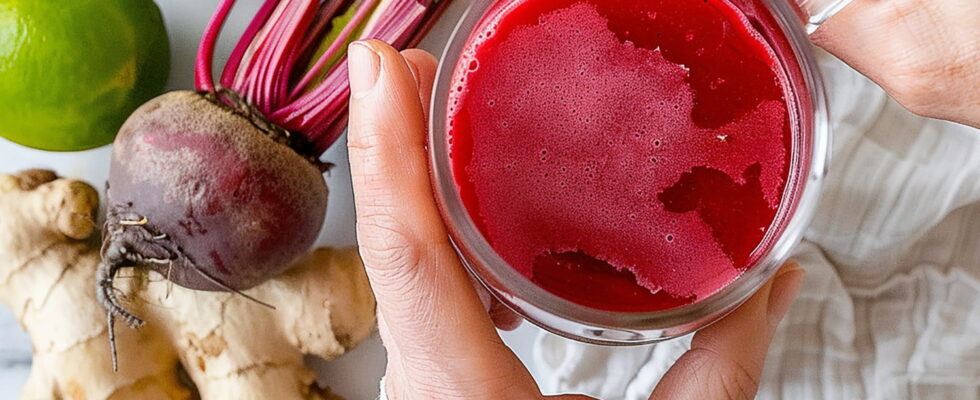It acts in two weeks.
With the liver and the intestines, the kidneys are the main organs of detoxification. Infered and weakened kidneys lose their ability to filter blood, eliminate waste from the body and produce urine. This is called “renal failure”, a disease that affects more than 1.6 million French people and may require dialysis. Cleaning your kidneys regularly is essential to have good renal health in the long term. “”With plants that promote microcirculation and kidney functions, you can improve your kidneys’ ability to detoxify your blood in just two weeks“Explains Dr. Joseph Pizzorno, chemist, doctor of naturopathy and author of the book” Toxic, the solution “(ed. Thierry Souccar).
One of them is excellent for renal detoxification thanks to its antioxidant properties capable of deactivating pro-inflammatory genes. Several studies, including one published in the Journal of Medicinal Foodhave shown that this plant helped to eliminate toxins in the blood and at the same time cleaning the kidneys. “”The renal measures of patients had improved spectacularly“, Comments the expert.
The plant in question? Ginger. Adding it to your daily diet allows you to unclog your kidneys. “This is part of the protocol to have every chance of degrading and evacuating toxic substances. You can for example drink ginger root infusions or raise your dishes with this spicerecommends Dr. Pizzorno. But the best is to drink 15 cl of fresh ginger juice once a day for 2 weeks“. To potentiate the effects of ginger juice and make it less acidic, it can be mixed with 25 cl of beet juice, a root vegetable rich in betalain, pigments known for their nephrodentoxifiant properties.
You can find ginger juice “ready to drink” directly in the trade (supermarkets, organic stores …). It can also be done at home by ranging 100g of ginger root that you come to infuse for an hour in 1 l of boiling water. Just filter it and keep it in the refrigerator up to a week. There is no particular contraindication, except for people who take drug treatment (anticoagulants for example) or suffering from chronic disorders (diabetes, digestive disorders, hypertension, depression, etc.) because there may be undesirable interactions . In these cases, it is advisable to be accompanied by a health professional.
